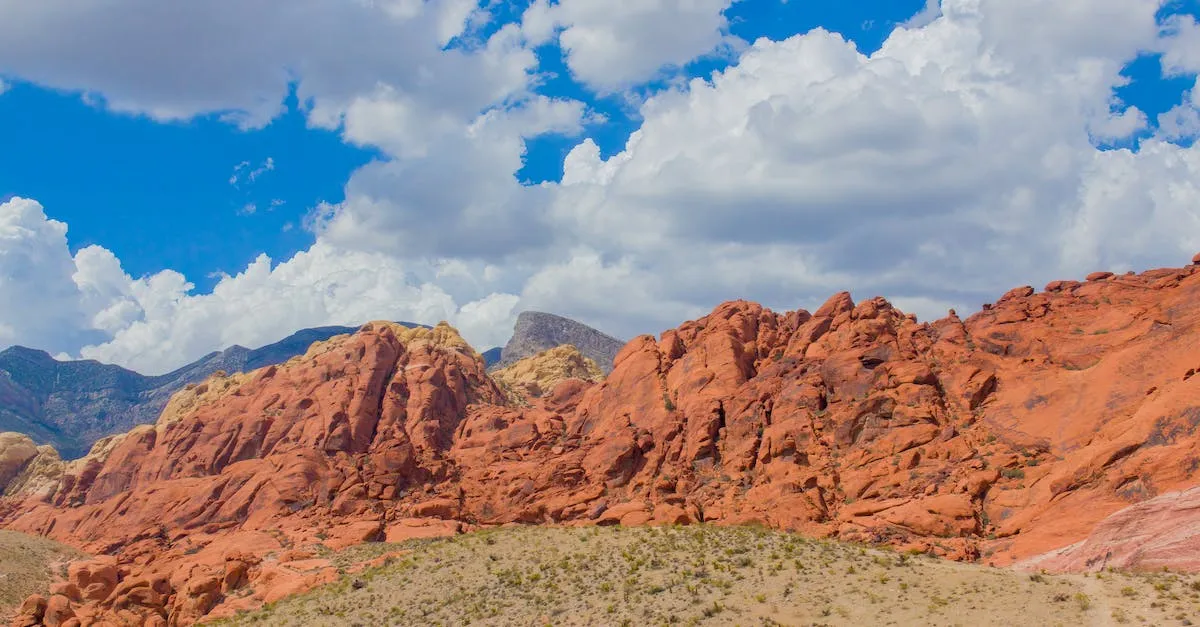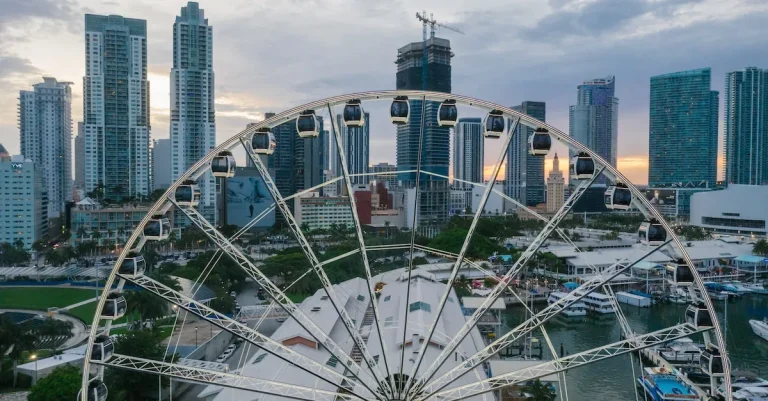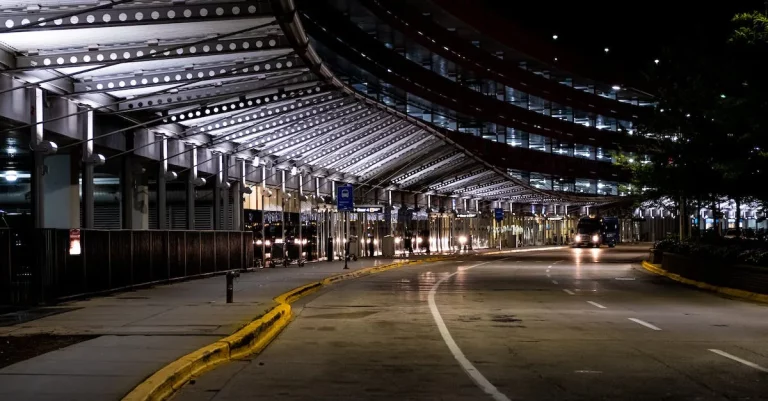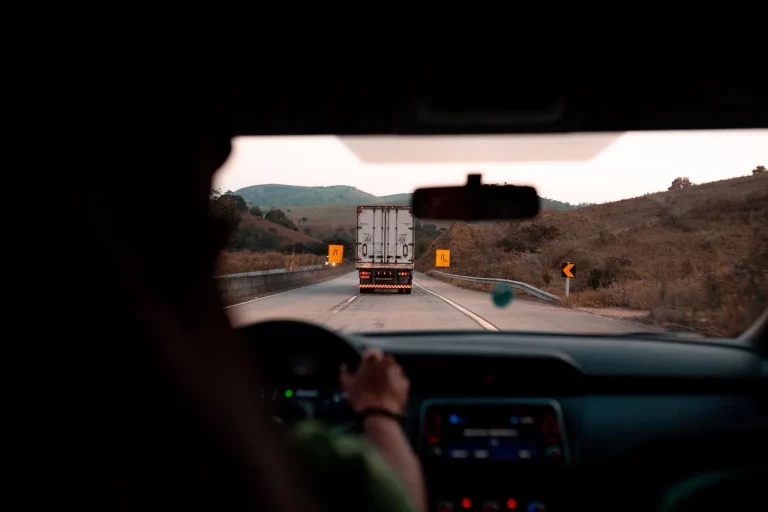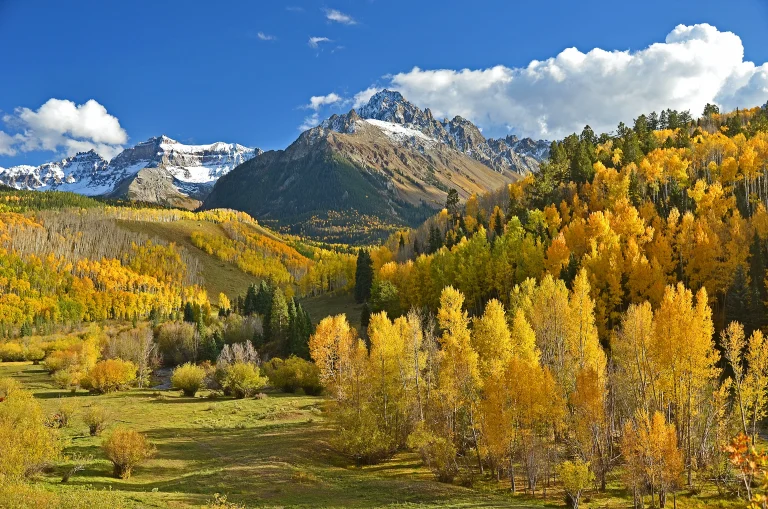Preparing For Natural Disasters In Las Vegas
Las Vegas may seem like an unlikely place for natural disasters, but the city faces a surprising array of threats. From extreme heat and flash floods, to wildfires and earthquakes, Vegas and its 2 million residents must stay vigilant.
If you’re short on time, here’s a quick answer: The main natural disasters that threaten Las Vegas are extreme heat, flash flooding, wildfires, and earthquakes.
This comprehensive guide covers the most likely natural disasters in Las Vegas and how to prepare for them. We’ll overview historical events, risk factors, vulnerable areas, safety tips, and resources for staying informed.
Extreme Heat in the Las Vegas Valley
The Las Vegas Valley is known for its scorching summers, with temperatures often reaching triple digits. Extreme heat can pose serious health risks and can even be life-threatening if proper precautions are not taken.
It is crucial for residents and visitors alike to be aware of the potential dangers and to know how to stay safe during the hot summer months.
The Impact of Extreme Heat
Extreme heat can have a significant impact on both physical and mental health. Prolonged exposure to high temperatures can lead to heat-related illnesses such as heat exhaustion and heatstroke. These conditions can result in symptoms like dizziness, nausea, and confusion, and can even be fatal if not treated promptly.
Additionally, extreme heat can worsen existing health conditions, such as respiratory and cardiovascular diseases.
Moreover, the scorching heat can also affect the infrastructure and environment. High temperatures can cause roads to buckle, power outages, and increased risk of wildfires. It is essential for the community to be prepared and take necessary measures to mitigate the impact of extreme heat.
Protecting Yourself from Extreme Heat
To stay safe during extreme heat in the Las Vegas Valley, it is important to follow these tips:
- Stay hydrated: Drink plenty of water throughout the day, even if you don’t feel thirsty. Avoid alcoholic and caffeinated beverages, as they can contribute to dehydration.
- Stay indoors: If possible, stay in an air-conditioned environment during the hottest parts of the day. If you don’t have air conditioning at home, consider visiting public places like shopping malls or community centers that offer cooling stations.
- Dress appropriately: Wear lightweight, light-colored, and loose-fitting clothing to help your body stay cool. Don’t forget to wear a wide-brimmed hat and apply sunscreen to protect your skin from the sun’s harmful rays.
- Limit outdoor activities: If you need to be outside, try to schedule your activities during the cooler mornings or evenings. Take frequent breaks in shaded areas and avoid strenuous activities that can overexert your body.
- Check on vulnerable individuals: Keep an eye on elderly family members, neighbors, and those with chronic illnesses, as they are more susceptible to heat-related illnesses. Offer assistance and ensure they have access to a cool environment.
Resources for More Information
To learn more about extreme heat safety and preparedness in Las Vegas, you can visit the following websites:
- Clark County Fire Department – Extreme Heat Preparedness
- Ready.gov – Extreme Heat
- Centers for Disease Control and Prevention (CDC) – Extreme Heat
By staying informed and taking necessary precautions, you can protect yourself and your loved ones from the dangers of extreme heat in the Las Vegas Valley. Remember, it’s always better to be prepared than to be caught off guard during a natural disaster.
Flash Flooding After Summer Monsoons
Las Vegas is no stranger to extreme weather conditions, and one of the most significant threats during the summer months is flash flooding caused by monsoons. These intense rainstorms can quickly transform dry washes and streets into raging rivers, posing a serious danger to both residents and visitors.
What Causes Flash Flooding?
Flash flooding occurs when heavy rainfall overwhelms the capacity of drainage systems or when the ground becomes saturated and cannot absorb the water fast enough. In the case of Las Vegas, the city’s desert landscape and lack of vegetation exacerbate the problem, as the water has nowhere to go but to accumulate and flow downhill.
The summer monsoons, which typically occur between July and September, bring intense bursts of rainfall that can quickly turn a calm street into a rushing torrent. These storms are often accompanied by thunder and lightning, adding to the dramatic nature of the weather event.
The Impact of Flash Flooding
Flash flooding can have devastating consequences, both in terms of property damage and human lives. The powerful force of the water can wash away cars, damage buildings, and erode the ground. People caught in these floods can easily be swept away by the fast-moving water, leading to injuries or fatalities.
Las Vegas has experienced its fair share of flash floods over the years, with some areas being more prone to flooding than others. It’s essential for residents and visitors to be aware of these risks and take necessary precautions to stay safe during monsoon season.
Preparing for Flash Flooding
Preparation is key when it comes to mitigating the effects of flash flooding. Here are some steps you can take to stay safe:
- Stay informed: Monitor local weather reports and heed any flash flood warnings or advisories issued by authorities.
- Avoid flood-prone areas: If you know your neighborhood or certain streets are prone to flooding, try to avoid them during heavy rainstorms.
- Have an emergency plan: Create a plan that outlines what you and your family should do in the event of a flash flood. This plan should include a meeting point and a way to stay in contact with each other.
- Prepare an emergency kit: Keep a supply of non-perishable food, water, medications, and other essential items in case you need to evacuate quickly.
- Secure your property: If you have time, move valuable items to a higher level in your home or take measures to protect them from water damage.
By taking these precautions and staying aware of the potential for flash flooding, you can better protect yourself and your loved ones during Las Vegas’ monsoon season.
For more information on how to prepare for flash flooding and other natural disasters, visit the Ready.gov website.
Wildfires in the Surrounding Areas
Las Vegas is not only known for its vibrant nightlife and entertainment options, but it’s also surrounded by breathtaking natural landscapes. However, the beauty of these surroundings comes with a certain level of risk, including the threat of wildfires.
The dry climate and strong winds in the region make it susceptible to wildfires, which can spread rapidly and cause extensive damage to both property and lives.
Understanding the Risks
It is essential for residents of Las Vegas to be aware of the potential dangers posed by wildfires and take proactive measures to protect themselves and their properties. The first step in preparedness is understanding the risks associated with wildfires.
They can be caused by natural factors such as lightning strikes or human activities like campfires, discarded cigarettes, or arson.
Creating Defensible Space
Creating defensible space around your property is one of the most effective ways to mitigate the risks of wildfires. This involves clearing vegetation, dead leaves, and other flammable materials from the immediate vicinity of your home.
Maintaining a clear space of at least 30 feet around your house can significantly reduce the chances of a wildfire spreading to your property.
Emergency Evacuation Plan
Having an evacuation plan in place is crucial to ensure the safety of yourself and your loved ones in the event of a wildfire. Identify multiple evacuation routes from your neighborhood and establish a meeting point where everyone can gather.
It is also advisable to pack an emergency kit with essential supplies such as food, water, medications, and important documents.
Stay Informed
Staying informed about wildfire activity in your area is vital. Monitor local news channels, radio stations, or websites for updates on fire conditions and evacuation orders. The National Interagency Fire Center (NIFC) and the Bureau of Land Management (BLM) provide valuable information on wildfire prevention and preparedness.
Supporting Local Firefighters
During wildfire season, local firefighters work tirelessly to combat the flames and protect communities. Supporting them in their efforts can make a significant difference. Consider donating to local fire departments, volunteering in fire prevention programs, or participating in community events that raise awareness about wildfire safety.
By understanding the risks, creating defensible space, having an evacuation plan, staying informed, and supporting local firefighters, residents of Las Vegas can be better prepared for the threat of wildfires.
Remember, being proactive and taking steps to protect yourself and your community is crucial in ensuring everyone’s safety during a natural disaster.
Earthquake Risks and Preparation
Las Vegas, although known for its vibrant entertainment scene and dazzling lights, is not immune to the threat of natural disasters. One such disaster that poses a significant risk to the city is earthquakes.
While not as common as in some other regions, the potential for a major earthquake in Las Vegas should not be taken lightly. It is important for residents and visitors alike to be prepared and knowledgeable about earthquake risks and how to mitigate them.
Understanding the Risks
Las Vegas sits in a seismically active region, with several fault lines running through the area. The most notable fault line is the Las Vegas Valley Shear Zone, which extends beneath the city and surrounding areas. This fault line has the potential to produce earthquakes of varying magnitudes.
It is important to note that earthquakes can occur without warning. Even a relatively small earthquake can cause significant damage to buildings and infrastructure. Being aware of the risks and taking necessary precautions can help minimize the impact of an earthquake.
Preparing Your Home
Preparing your home for an earthquake is crucial in ensuring the safety of you and your loved ones. Start by securing heavy furniture and appliances to the wall or floor using straps or brackets. This will prevent them from toppling over during an earthquake.
It is also recommended to have an emergency kit on hand, including essential supplies such as water, non-perishable food, flashlights, and a first aid kit.
Additionally, consider retrofitting your home to make it more resistant to earthquakes. This may involve reinforcing the foundation, adding bracing to walls, and securing the chimney. Consulting with a professional engineer or contractor can provide valuable insights into the specific measures needed for your home.
Creating an Emergency Plan
Having a well-thought-out emergency plan is essential for any natural disaster, including earthquakes. This plan should include a designated meeting point for your family in case you get separated, as well as a communication plan.
Make sure to have important contact numbers saved in your phone and have a backup method of communication, such as a battery-powered radio.
It is also important to familiarize yourself with the emergency procedures in your community. Understand the locations of nearby shelters, evacuation routes, and emergency services. Stay informed by signing up for emergency alerts from local authorities.
Remember, preparedness is key when it comes to earthquakes. Taking the time to educate yourself, secure your home, and create an emergency plan can make a significant difference in your safety and well-being during a seismic event.
Disaster Preparedness Resources
Alert Systems
When it comes to preparing for natural disasters in Las Vegas, having reliable alert systems in place is crucial. These systems can provide early warnings and notifications about potential disasters, allowing residents to take necessary precautions.
The most common alert system used in Las Vegas is the Emergency Alert System (EAS). This system broadcasts emergency messages through radio, television, and other communication channels. Additionally, the city of Las Vegas has its own alert system called the Las Vegas Emergency Management System, which sends notifications directly to residents’ mobile devices.
It’s important to ensure that you are signed up to receive these alerts and that your contact information is up to date.
Emergency Kits
Another essential aspect of disaster preparedness is having emergency kits readily available. These kits should contain essential items that can sustain you and your family during an emergency situation.
The items may include non-perishable food, water, first aid supplies, flashlights, batteries, a battery-powered radio, and a whistle. It’s recommended to have at least a three-day supply of these items for each member of your household.
Additionally, consider including any necessary medications, important documents, and extra clothing. Store your emergency kits in a designated area that is easily accessible to all family members.
Safety Training
Being prepared for natural disasters goes beyond having the necessary supplies. It’s also important to have the knowledge and skills to respond effectively during an emergency. One way to acquire these skills is by participating in safety training programs.
The American Red Cross offers various courses, including CPR and first aid training, disaster preparedness training, and emergency response training. These courses can equip you with the skills needed to handle emergency situations and potentially save lives.
Additionally, the city of Las Vegas regularly organizes community workshops and seminars on disaster preparedness. Attending these events can provide you with valuable information and resources to enhance your preparedness efforts.
Conclusion
While natural disasters may not be top of mind in the entertainment capital of Las Vegas, it’s important to prepare for the threats facing the city. Staying informed, making an emergency kit, and following safety precautions can go a long way in keeping you and your loved ones safe.

